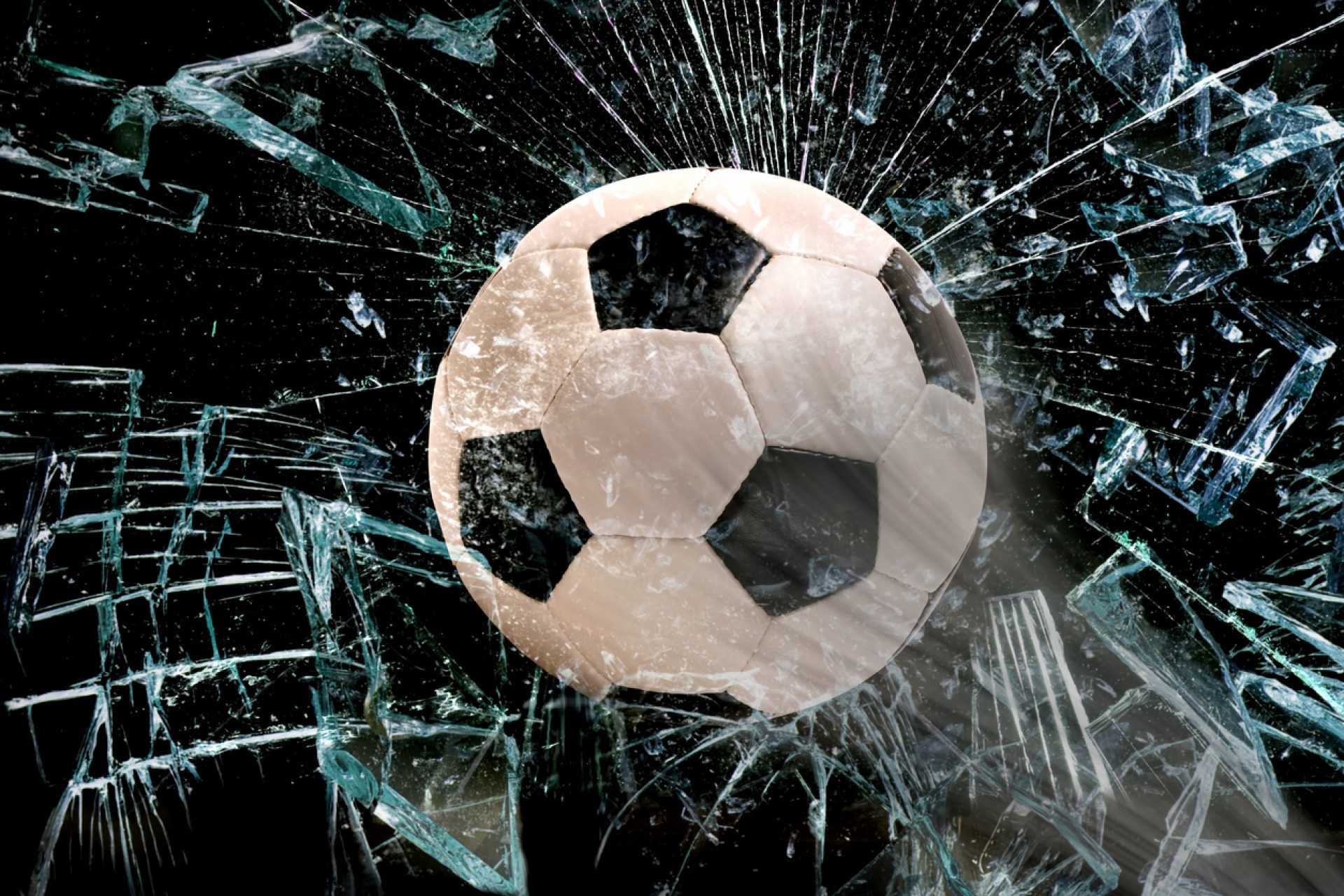
The fight against digital piracy, one of the most significant challenges of the modern era, reached a new and decisive milestone with the ruling of December 19, 2024, issued by the Milan Court. The panel, comprising Judge Silvia Giani, Judge Lorena Casiraghi, and Judge Vincenzo Carnì, fully upheld the appeal filed by the Italian Serie A League (LNPA) against Cloudflare Inc. (Cloudflare). DAZN Ltd, Sky Italia S.r.l., and the Italian Serie B League intervened in support of the claim.
This decision represents a crucial step in the battle against digital piracy, not only because it constitutes the first interpretative ruling of Law 93/2023 and the functioning of the “Piracy Shield” platform (Platform) but also because it established Cloudflare’s role as an intermediary and provider of network access services (so-called access provider) utilized to facilitate piracy.
The Preliminary Injunction
LNPA, as co-holder, along with the individual teams organizing the matches, of the audiovisual rights for all events in the competitions organized by the Serie A League (Serie A Championship, Coppa Italia, Supercoppa, and Primavera competitions), filed a precautionary measure under Article 700 of the Italian Code of Civil Procedure against Cloudflare. LNPA asked the Court to: (i) block the DNS resolution of domain names and the routing of network traffic to the contested IP addresses identified, as well as those subsequently reported via the Piracy Shield platform; (ii) immediately cease providing any service (CDN, authoritative DNS, and reverse proxy) to pirates and, in any case, make its best efforts to prevent users from accessing illicitly distributed content.
Cloudflare countered, urging the Court to dismiss the claims.
The proceedings initially concluded with a ruling on August 5, 2024, in which all of LNPA's claims were rejected on the grounds that they were allegedly inadmissible and/or unfounded.
The Appeal
Against this ruling, LNPA filed an appeal, arguing that: (i) the requested injunction was fully within the jurisdiction of the ordinary courts; (ii) Cloudflare's participation in Piracy Shield was merely one of the possible compliance mechanisms under Law 93/2023 and did not preclude the option of pursuing other measures to achieve the same result as provided by the law; (iii) Cloudflare's causal role had been fully demonstrated, with LNPA proving both the transmission of illegal content through the flagged IP addresses and Cloudflare's involvement as a service provider (including network access services) utilized to distribute and shield such content, thereby offering protection to those responsible for digital piracy.
Cloudflare reiterated its defense, insisting on the dismissal of the appeal.
The Ruling
The panel upheld LNPA's claims in full, ordering a series of measures against Cloudflare. Specifically, the Court:
-
prohibited the DNS resolution of domain names and the routing of network traffic to IP addresses flagged by LNPA and already blocked by AGCOM through the Platform;
-
mandated the termination of CDN, authoritative DNS, and reverse proxy services used to infringe copyright and required the adoption of necessary technological and organizational measures to render illicit content inaccessible;
-
prohibited the future DNS resolution of any second-level domain name, even if associated with a different top-level domain than those already indicated, that would allow public access to the same protected content covered by the ruling;
-
imposed the adoption of technical measures to prevent access by its service users to aliases arising from modifications to second, third, and fourth-level domains related to the current showcase sites and those associated with the identified main and delivery servers, provided that these new aliases are objectively and subjectively linked to the reported illicit services;
-
mandated the disclosure of data and information on the identity of customers using its CDN, authoritative DNS, and reverse proxy services to distribute pirated content, as well as on alternative public DNS and VPN services, including network traffic data, log files, and IP addresses associated with pirated IPTV services;
-
imposed an astreinte of €10,000 for each day of delay in implementing the measures prescribed by the Court;
-
ordered Cloudflare to pay legal costs.
In essence, the Milan Court imposed a series of injunctions on Cloudflare to combat digital piracy and protect copyright. Key measures included blocking DNS resolution for piracy-associated domains, effectively preventing users from accessing such sites. The Court also ordered the redirection of network traffic from previously flagged IP addresses by AGCOM through Piracy Shield and the cessation of key services such as CDN, authoritative DNS, and reverse proxy provided by Cloudflare to facilitate the dissemination of illicit content.
A critical aspect of these measures is the requirement to adopt technological tools to prevent new aliases, domains, or extensions associated with illicit content from evading the blocks imposed by the authorities. This is important in countering the evasive strategies of digital pirates, who frequently change domains to bypass restrictions.
The Court also obligated Cloudflare to provide detailed data and information on the identities of customers using its services to distribute illicit content, thus holding technological intermediaries accountable. This requirement represents a significant step in combating piracy, enabling to identify and prosecute violators and strengthen cooperation between service providers, rights holders, and Authorities.
Conclusion
The Milan Court’s ruling sets a significant precedent in the fight against digital piracy and marks a turning point in the legal qualification of Cloudflare, including its role as a network access service provider. Through this order, the Court unequivocally established Cloudflare’s liability for facilitating the illegal dissemination of protected content via its services, highlighting its pervasive role in the violations identified.
The imposed injunctions, coupled with the obligation to provide information on customers and involved users, demonstrate an innovative and decisive approach to tackling digital crime. This decision not only strengthens copyright protection but also lays the groundwork for greater accountability among technological intermediaries.